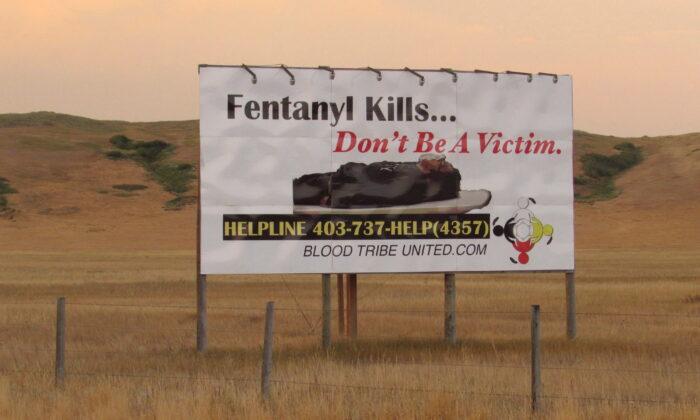The key to curbing addictions and overcoming the opioid crisis is to provide addicts with a recovery-oriented system of care instead of supplying them with drugs, says Alberta’s associate minister of mental health and addictions.
“Decriminalizing drugs without ensuring an easily accessible and comprehensive system of treatment and care would be irresponsible and could lead to serious and unforeseen impacts on our communities,” said Jason Luan in an email to The Epoch Times.





